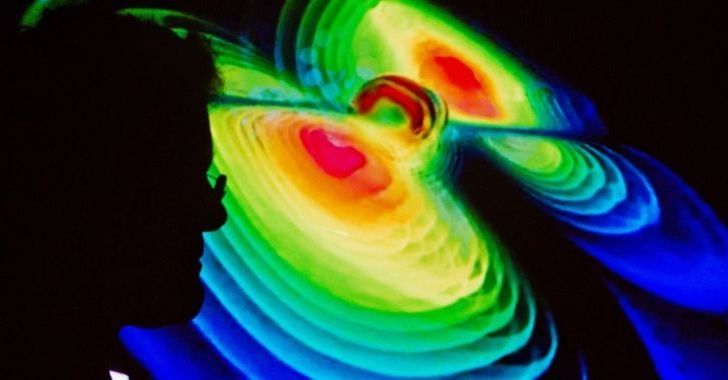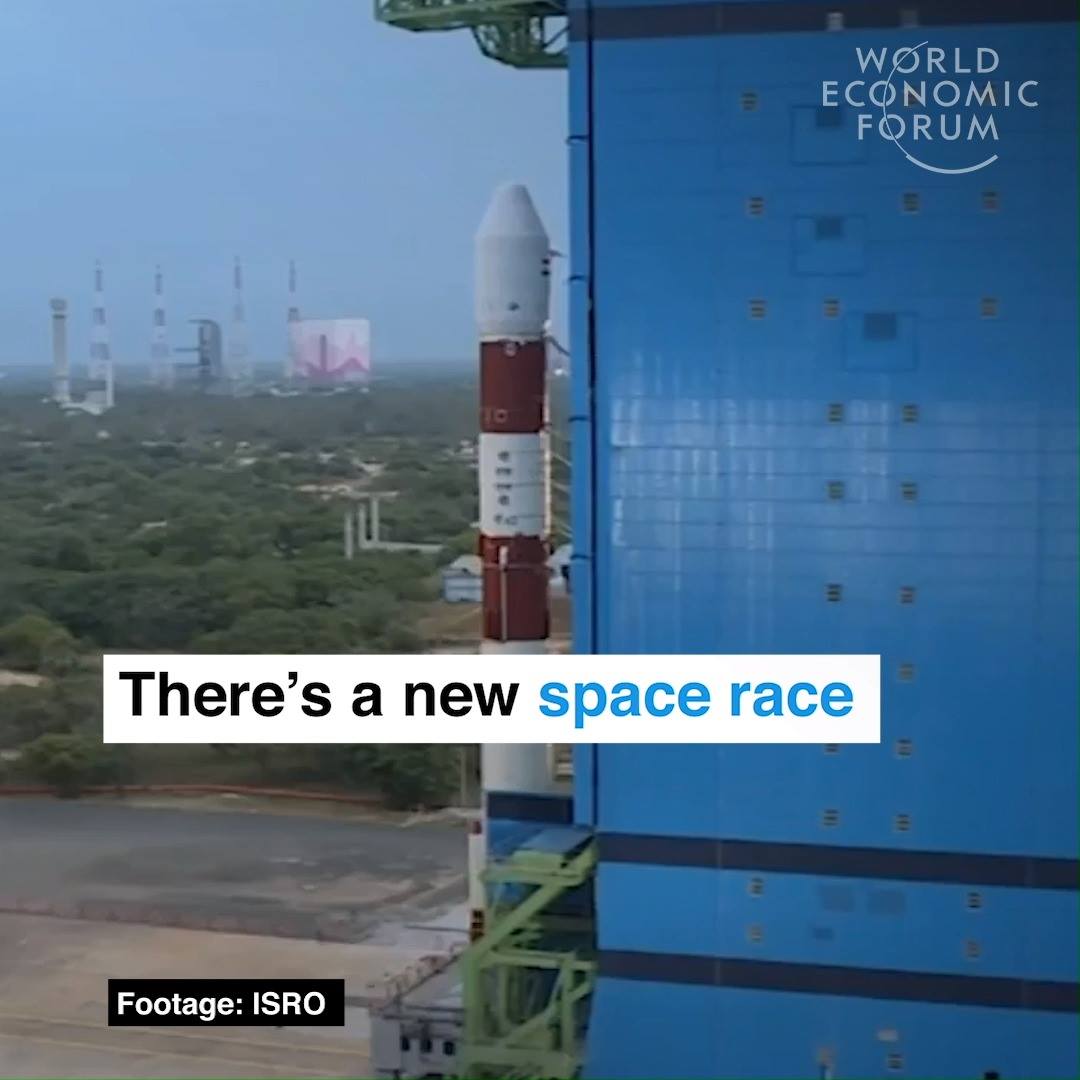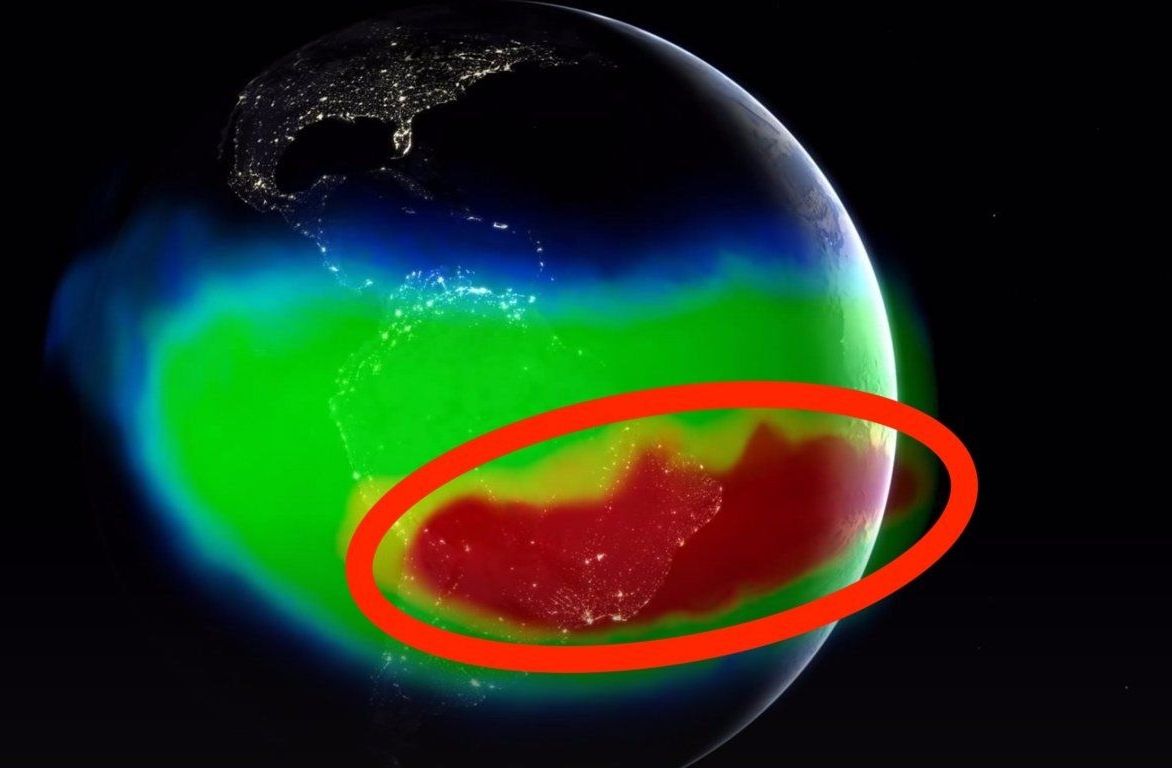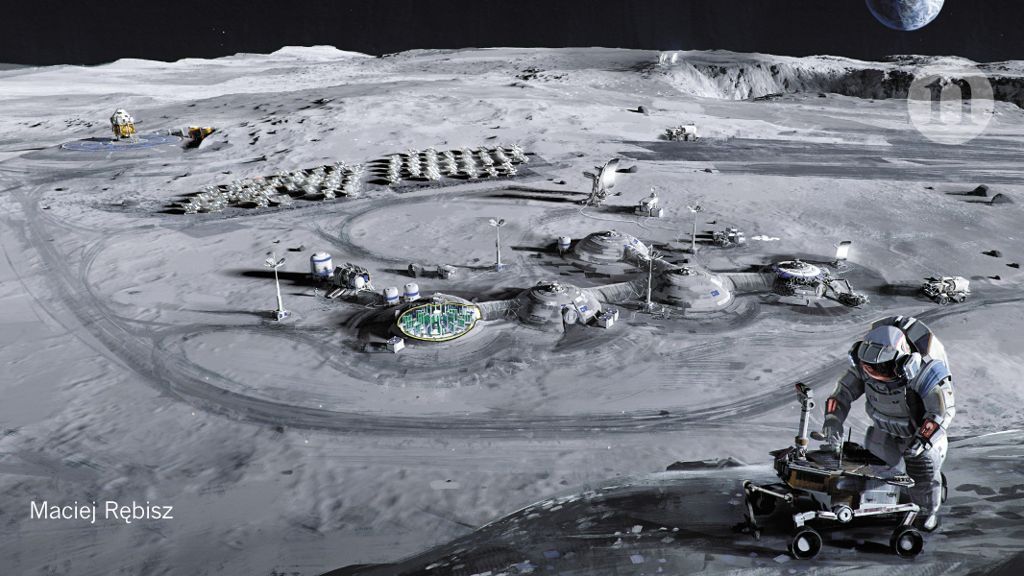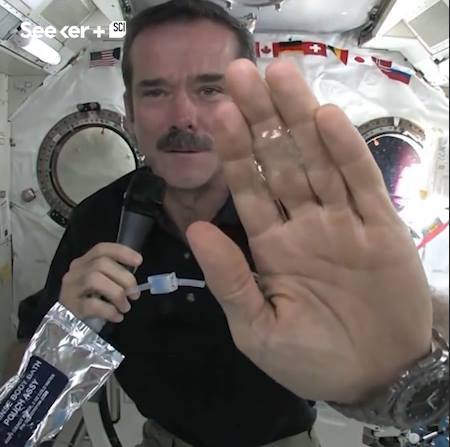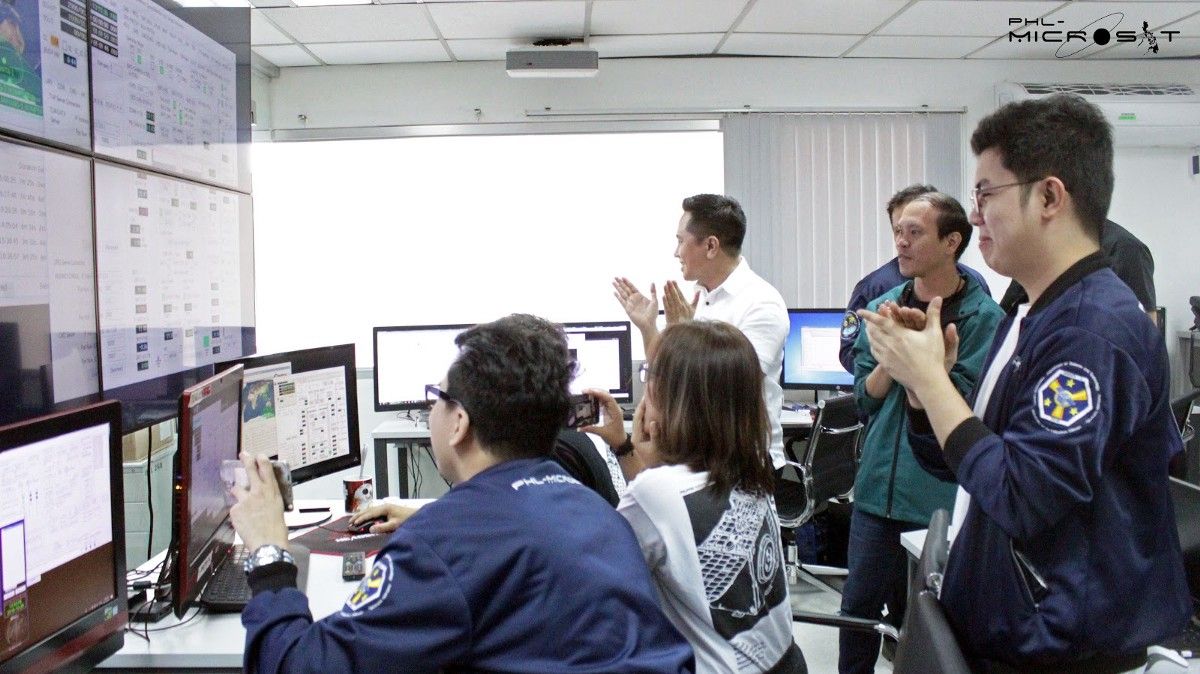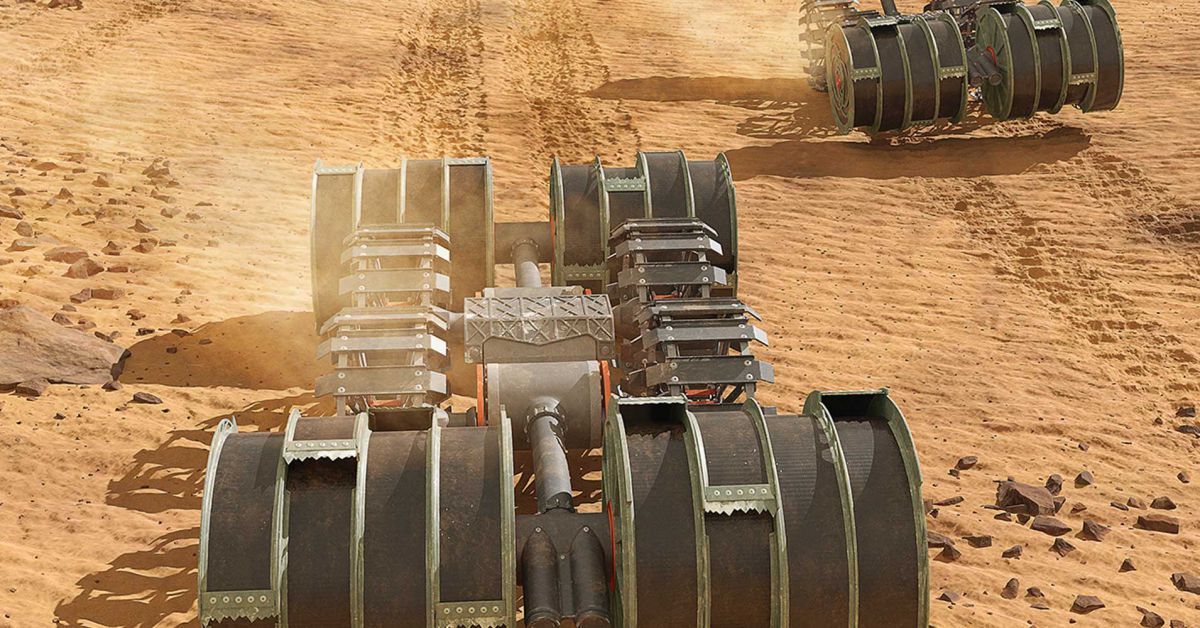Nov 1, 2018
Danish physicists claim to cast doubt on detection of gravitational waves
Posted by Michael Lance in categories: physics, space
“The first direct detection of gravitational waves was announced on February 11, 2016, spawned headlines around the world, snagged the 2017 Nobel Prize in Physics, and officially launched a new era of so-called “multi-messenger” astronomy. But a team of physicists at the Niels Bohr Institute in Copenhagen, Denmark, is calling that detection into question…”
“Andrew Jackson and his group have been saying for the past few years that LIGO’s detections are not real,” says LIGO Executive Director David Reitze of Caltech. “Their analysis has been looked at by many people who have all concluded there is absolutely no validity to their claims.” Reitze characterized the New Scientist article as “very biased and sensational.”
“Nothing they’ve done gives us any reason to doubt our results.”
Continue reading “Danish physicists claim to cast doubt on detection of gravitational waves” »
